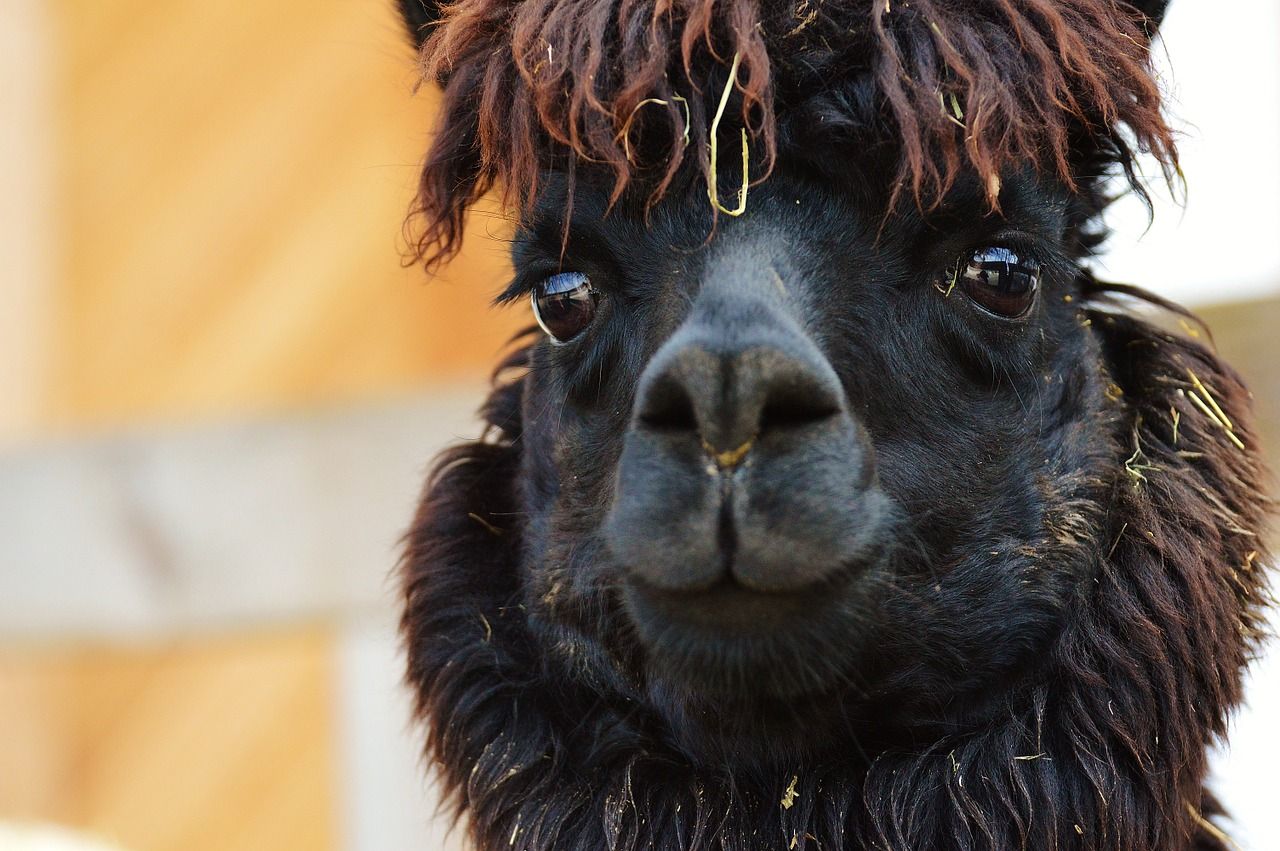AgroSavfe, a Belgian agro-biotech company that is developing a new generation of biopesticides, has increased its Series B financing round to $11.6 million. The bulk of the additional investment was provided by the Paris-based venture capital firm Sofinnova Partners.
After announcing $8.23 million in Series B funding for the development of its ‘Agrobody’ product in September last year, the Ghent-based spin-off from the Flanders Institute for Biotechnology (VIB) has now moved to expand its product development capacity, potentially clearing the way to add more applications to its technology platform than originally planned.
The funding increase has also given AgroSavfe a prime slot within Sofinnova’s newly-launched, €106 million Industrial Biotech Fund (IB 1). The fund closed last week and is focused on the renewable chemistry sector.
“This is a fantastic position to be in; gaining a partner with a fund that has just started,” said AgroSavfe’s chairman, Lieven De Smedt. “We also believe we are a perfect match for the IB 1 profile.”
The Agrobody product embraces the development of biofungicides, equipped with the capacity to deteriorate the cell membrane of damaging fungi, which cause plant and crop diseases.
The technology centers around antibodies that it calls ‘Agribodies,’ which are protein binding domains derived from camelid antibodies targeting specific molecules.
The original antibodies on which this development is based are camelid antibodies, meaning they have been generated in llamas! They’ve been generated by immunization with a cell membrane component present in a wide range of fungi but absent in other organisms. The resulting Agrobodies have activity against a broad range of fungi and no activity against other organisms such as bees, or humans.
In the first instance, the company is testing its technology on fungi in fruits and vegetables.
“Based on the technology we have already developed, our Agrobodies products are designed to attack the cell membrane of fungi without also attacking the plants, insects or the farmers who will administer them,” said De Smedt. “That is the beauty of this technology in that we will have products with a well-known mode of action, which are also safe and effective.”
AgroSavfe was already strongly backed by eight Belgian-based investors who came on board in 2013 and last year: the growth equity investor, Gimv; start-up financier, PMV; life sciences research institute, VIB; the Belgian farmers’ association fund, Agri Investment Fund; the life sciences fund, Biovest; university venture fund, Qbic, Madeli Participations and the agrochemical company, Globachem.
“Adding Sofinnova gives us our second non-Belgian partner, a move which takes our business horizon to a global level, quite apart from the expertise they bring to the development,” said De Smedt.
“We’re currently working to a three-year funding timescale for Agrobodies, after which we would hope to be close to being ready to go to market. That will depend on the speed of the regulatory process, of course.
“Our key focus during this time is to bring our first product into the market. For that, we want to make sure we have a strong and sound registration dossier in a particular country, for a particular product, and with a particular application. Achieving these goals will prove that we can then go all the way to the market.
“Although that may well take longer than three years, we believe we can make rapid progress with Agrobodies. We are already working with specialists, in fact, to help us find the best route to market.”
With the crop protection chemicals market currently valued at more than $50 billion, the rewards for getting it right are obviously considerable. At the same time, there is no room for mistakes.
“Overriding everything is the need for the product to be both effective and safe,” said De Smedt. “It’s ultimately all about the farmer. We need to give him or her a better life; to be able to sleep peacefully after using our products. Farmers, after all, have many products to choose from and will select the best as they see it. We want to create that best product.”
Attracting Sofinnova onto its list of investors is clearly a boost to Agrosavfe’s development ambitions, especially in the competitive funding environment faced by agtech businesses.
“If you have good technology, a market waiting for your product, and a sound financial plan then you will gain the attention of investors,” said De Smedt. “Get that first part of the story right and the investors will start to quiz you on risk and reward and how your ideas fit with their funding objectives.
“Fundraising can be more challenging for agtech companies, than in the life science sector, although it appears that, increasingly, more funds are available than in the past.
“Having a clear exit strategy is also key. For most startups, that comes down to a choice of three options. You either reach a point where you can stand on your own feet; you embark on an IPO; or you commit to a major transition through which you acquire a relevant business or are acquired by them. With the landscape of the large agrochemical companies changing with the mergers, you do have to think it through.”
Denis Lucquin, managing partner of Sofinnova Partners, is convinced about his company’s decision to get involved with the Agrobodies project.
“We are very impressed with the potential of the technology,” he said. “Agrochemicals and, in particular, fungicides and insecticides, are huge markets that biologicals can address if they can be scaled up and produced at competitive costs compared to chemical compounds. This is also central to our investment philosophy for Sofinnova.”
Lucquin is also joining Agrosavfe’s board, giving the Paris-based VC close-contact involvement with its new development partner.





